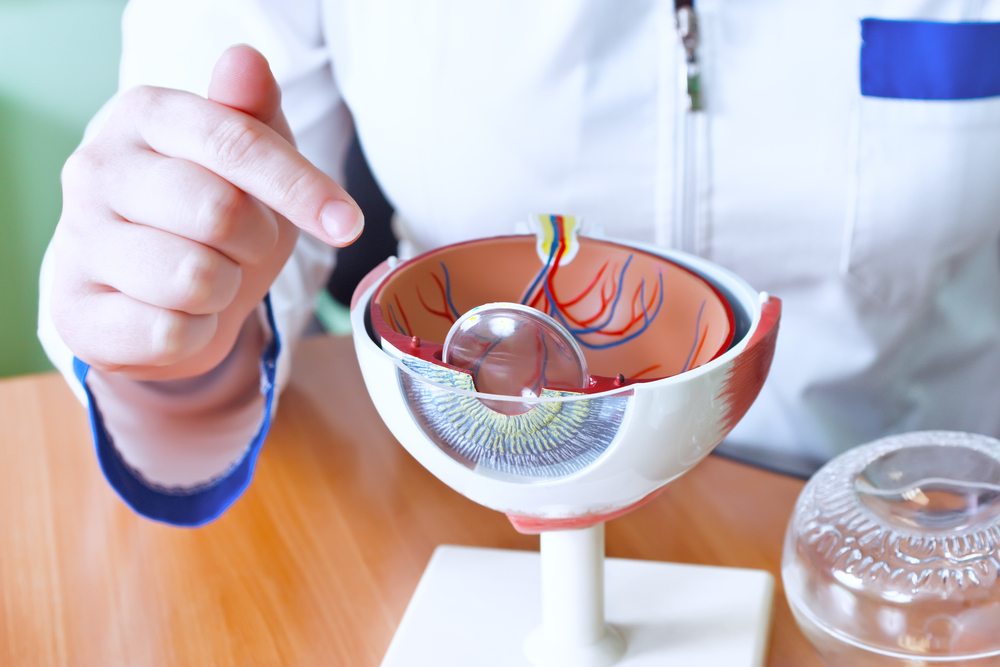The Top 7 Questions to Ask Before Cataract Surgery
January 30th, 2024
Cataracts affect millions of people aged forty and older, making cataract surgery one of the most common operations performed in the United States. If your eye doctor has recommended cataract surgery, you likely have questions about what to expect before, during, and after the procedure.
Keep reading to learn the top seven questions to ask before cataract surgery!
1. What Kind of Replacement Lens Should I Choose?
Cataract surgery involves removing the natural lens of the eye and replacing it with an artificial lens called an Intraocular Lens, often called an IOL. The new lens will improve your cataract symptoms and provide clear vision.
There are three main types of IOLs:
Monofocal
These correct vision at a set distance, either near, intermediate or far. Most people choose monofocal lenses that improve distance vision.
They will then need to use glasses for close vision, such as reading.
Multifocal
These lenses correct vision at multiple distances. Multifocal IOLs are typically considered premium lenses and can allow you to reduce your dependence on visual aids after the procedure.
Accommodative Lenses
These lenses change shape, similar to natural lenses, and work with the eye to correct for all distances. Accommodative lenses also allow you to experience greater visual freedom after cataract surgery.
Your eye doctor at Laser Eye Center will help you determine which IOL may be best for you based on your vision goals and budget.
2. How Should I Care For My Eyes During Recovery?
Your eye doctor will provide you with detailed instructions about how to care for your eyes after surgery. You should ask for a rough timeline for when you can return to activities like driving, exercise, or work.
This will allow you to make arrangements for any help you will need. You will also need to arrange to have someone drive you home after cataract surgery and may need rides for several days after until you are cleared to drive on your own.
3. What Are the Potential Risks?
Cataract surgery is very safe, but all surgical procedures come with risks. Discuss your health history with your eye doctor and learn whether you have any particular risk factors that may affect your recovery.
4. When Will I Notice the Results?
Most people notice improved vision in the first few days after cataract surgery and final results after two or three months. Ask your eye doctor what you may be able to expect personally, given the specific details of your eyes and health.
5. Will I Still Need Glasses?
Whether you need glasses after cataract surgery depends on factors such as which type of IOL you choose and how much vision correction you achieve after cataract surgery. Your eye doctor can help you predict whether you will need glasses.
6. Will I Have Cataract Surgery On Both Eyes At The Same Time?
Most eye doctors do not recommend doing cataract surgery on both eyes at once. This is because it is easier to prevent the risk of an eye infection.
It also allows you to have one eye to see out of during your recovery. However, in special cases, eye doctors will perform this procedure on both eyes at once.
If you are wondering about this, ask your eye doctor.
7. What Is the Cost, and Will My Insurance Pay for Any of It?
Insurance, including Medicare and Medicaid, usually pays for medically necessary cataract surgery. However, not all health plans pay for specialty or premium IOLs.
Ask your eye doctor what the total cost will be, and talk to your insurance company about what they will cover.
Are you interested in learning more about cataract surgery? Schedule an appointment at Laser Eye Center in Huntsville, AL, today!



